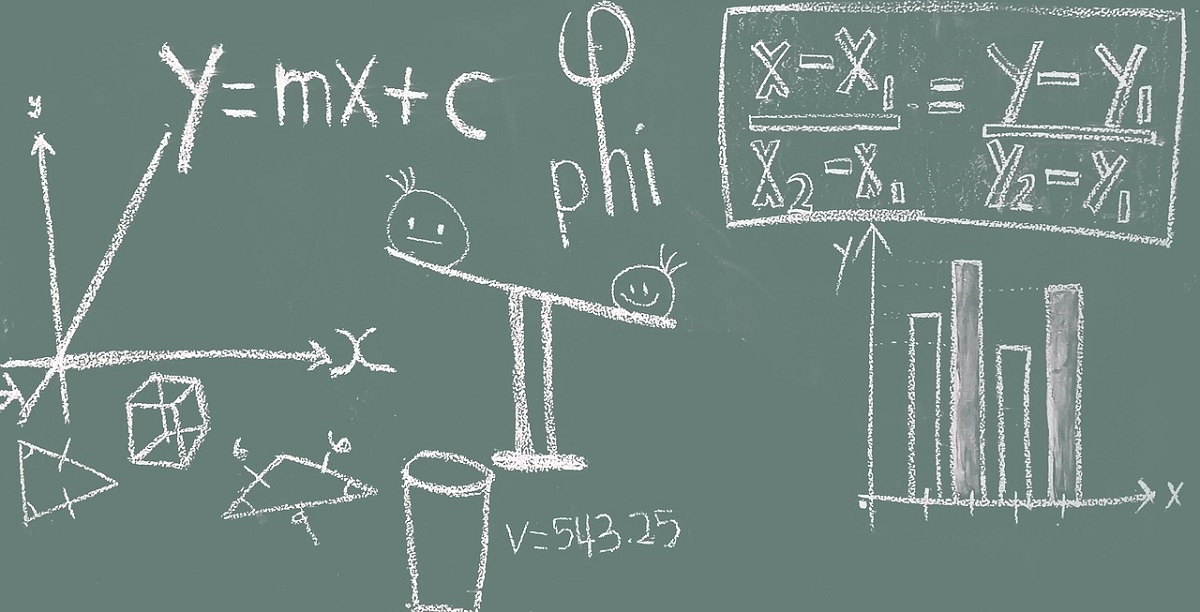
About 300 seven-year-old children from 12 Slovenian schools took part in the research which lasted for 7 months. Accessibility of applications on the basis of cross-curricular modules was examined with regard to learning and ergonomics.
"We investigated how performance of cross-curricular tasks on tablet computers influenced the boost in quality of knowledge", Dr. Starcic specified.
She is a widely known expert focusing on questions of teaching, development, implementation of teaching technologies, and innovative concepts for various groups of people with learning difficulties.
In order to find out how the use of tablet computers influences learning outcomes, an intervention group consisting of 124 students studied cross-curricular modules with the use of tablet computers. A control group consisting of 135 students was taught math by traditional methods of teaching with the use of manuals and pads. The results indicated that the intervention group displayed better outcomes; students could easily manage task solving and navigate through amassed information.
According to Dr. Starcic, students prefer tablet computers to PCs, as the latter hinder their movements.
Gadgets should not be viewed as means of entertainment but as an actual facilitator in the learning process. Scientists pointed out the development of students' manual dexterity, reaction, reasoning skills, memory, and other important skills. Our interviewee claims that students are more enthusiastic about unusual forms of learning rather than traditional. Besides, tablet computers contribute to the transfer from visual thinking to abstract thinking.
The conclusion is that the use of tablet computers in teaching cross-curricular modules of math leads to a more effective application of resources from various study fields and improves quality of knowledge with regard to cognitive, social and psychomotor aspects of learning.
